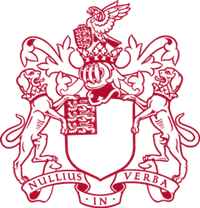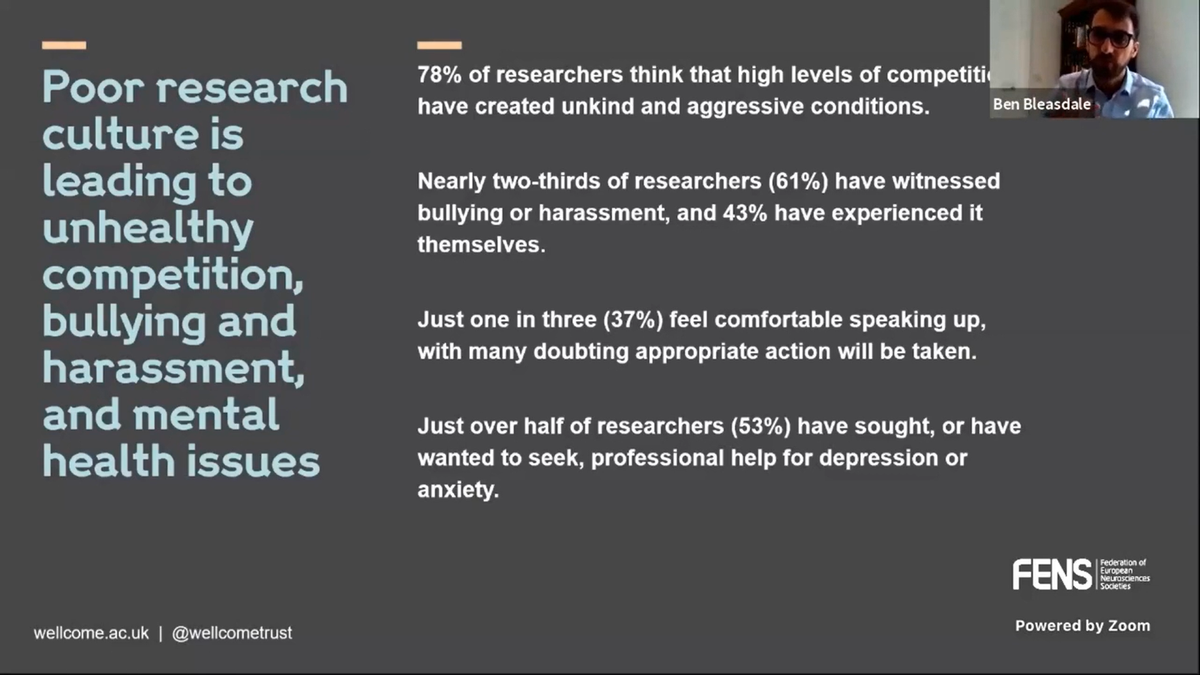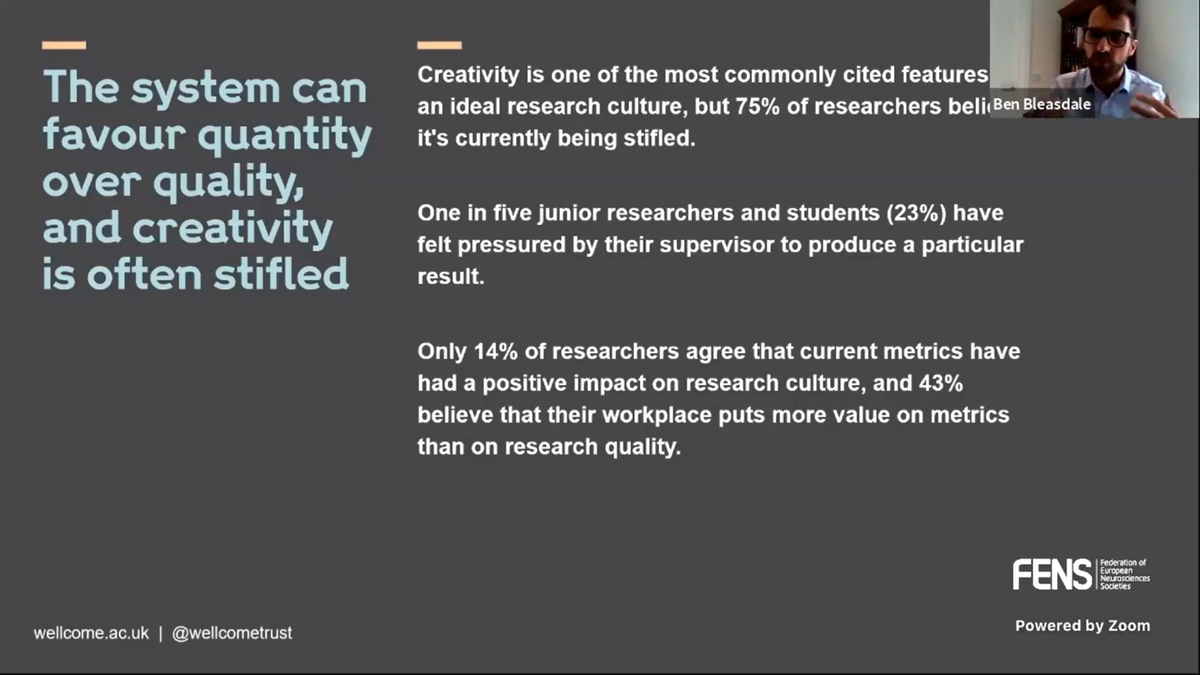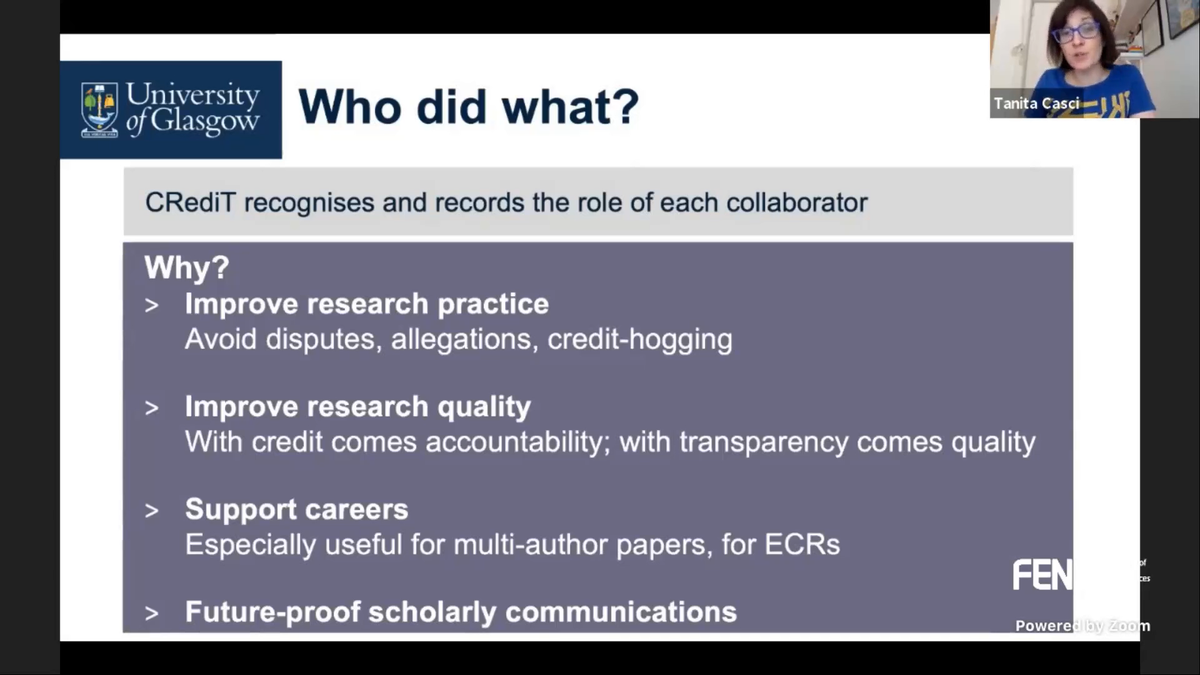For this #FENSFriday I'm catching up on the "Credibility in Neuroscience" event hosted by @BritishNeuro.
To start @deevybee asks: "Why is it so hard to do good science?" Confirmation- , publication- and citation bias distorts evidence and entrench viewpoints.
1/14

#FENS2020
To start @deevybee asks: "Why is it so hard to do good science?" Confirmation- , publication- and citation bias distorts evidence and entrench viewpoints.
1/14


#FENS2020
DB's advice to researchers is to follow the motto of @royalsociety "Don't take anyone's word for it".
We need more encouragement to publish null results and more systematic reviews.
2/14
We need more encouragement to publish null results and more systematic reviews.
2/14
. @deevybee moves on to talk about P-Hacking. It's often accidental and due to a misunderstanding of probability. DB: A key error is to treat p-val as indicator of importance regardless of context. In many cases the context is the number of tests run to get that result.
3/14
3/14
Next talk in this #FENSFriday session is from @Ben_Bleasdale from the @wellcometrust.
Ben's work on research culture kicked off with @JeremyFarrar's article talking about "warning light's on the dashboard" referring to in-sustainability in science.
4/14
Ben's work on research culture kicked off with @JeremyFarrar's article talking about "warning light's on the dashboard" referring to in-sustainability in science.
4/14
A systematic review, 94 qualitative interviews and 4,267 survey completions were conducted to find out about researcher's experience of current research culture. Results are published here: https://wellcome.ac.uk/reports/what-researchers-think-about-research-culture
Some headlines below:
5/14
Some headlines below:
5/14
Town hall meetings were also hosted to discuss and get ideas for improvements. Main themes: team work and trust.
Process is still going on, you can get involved with cafe culture discussion kits (virtual friendly as well): https://wellcome.ac.uk/what-we-do/our-work/research-culture/hosting-your-cafe-culture-discussion
6/14
Process is still going on, you can get involved with cafe culture discussion kits (virtual friendly as well): https://wellcome.ac.uk/what-we-do/our-work/research-culture/hosting-your-cafe-culture-discussion
6/14
So what is @wellcometrust aiming for?
Asked people about positive environments so that we know what we are aiming for. To bring about the changes they will work with all three levers: Requirements, rewards and support.
7/14
Asked people about positive environments so that we know what we are aiming for. To bring about the changes they will work with all three levers: Requirements, rewards and support.
7/14
Next speaker is @tanitacasci head of research policy @UofGlasgow, giving an institutional perspective .
TC: We have focused on productivity rather than rigour & quality and as a sector lost focus of what unis are for: create knowledge, change society & develop researchers.
8/14
TC: We have focused on productivity rather than rigour & quality and as a sector lost focus of what unis are for: create knowledge, change society & develop researchers.
8/14
To fix this @UofGlasgow made a 5 yr research culture plan about collaboration, career development and openness:
https://www.gla.ac.uk/myglasgow/ris/researchculture/
TC: We shouldn't ask anyone to do anything unless we support it!
An important change is *responsible* use of metrics.
9/14
https://www.gla.ac.uk/myglasgow/ris/researchculture/
TC: We shouldn't ask anyone to do anything unless we support it!
An important change is *responsible* use of metrics.
9/14
Tanita mentions that an important step is to give credit where credit is due (couldn't agree more!)
One way of doing this is to use a clear framework of contributions. To this end @UofGlasgow developed CrediT:
10/14
One way of doing this is to use a clear framework of contributions. To this end @UofGlasgow developed CrediT:
10/14
A final note from @tanitacasci: The future is on our side does not belong to people who churn out loads of papers. it belongs to those who can demonstrate they have made a difference and able to work together towards bigger things.



11/14



11/14
Final talk is by Peter Stern senior editor @ScienceMagazine on how publishers can help the improve credibility in neuroscience.
One of the things they did was gathering a team of statisticians to be part of the peer review process.
12/14
One of the things they did was gathering a team of statisticians to be part of the peer review process.
12/14
Science joined forces with other journals to introduce checklists (inspired by pilots and surgeons) to reduce amount of human error in research. They are made up of: materials, design, analysis and reporting.
This increases transparency and likelihood of reproducibility.
13/14
This increases transparency and likelihood of reproducibility.
13/14
Peter Stern ends on a high: We have to acknowledge and give credit to the community that we have seen there is a problem and changes are happening.
14/14
14/14

 Read on Twitter
Read on Twitter






